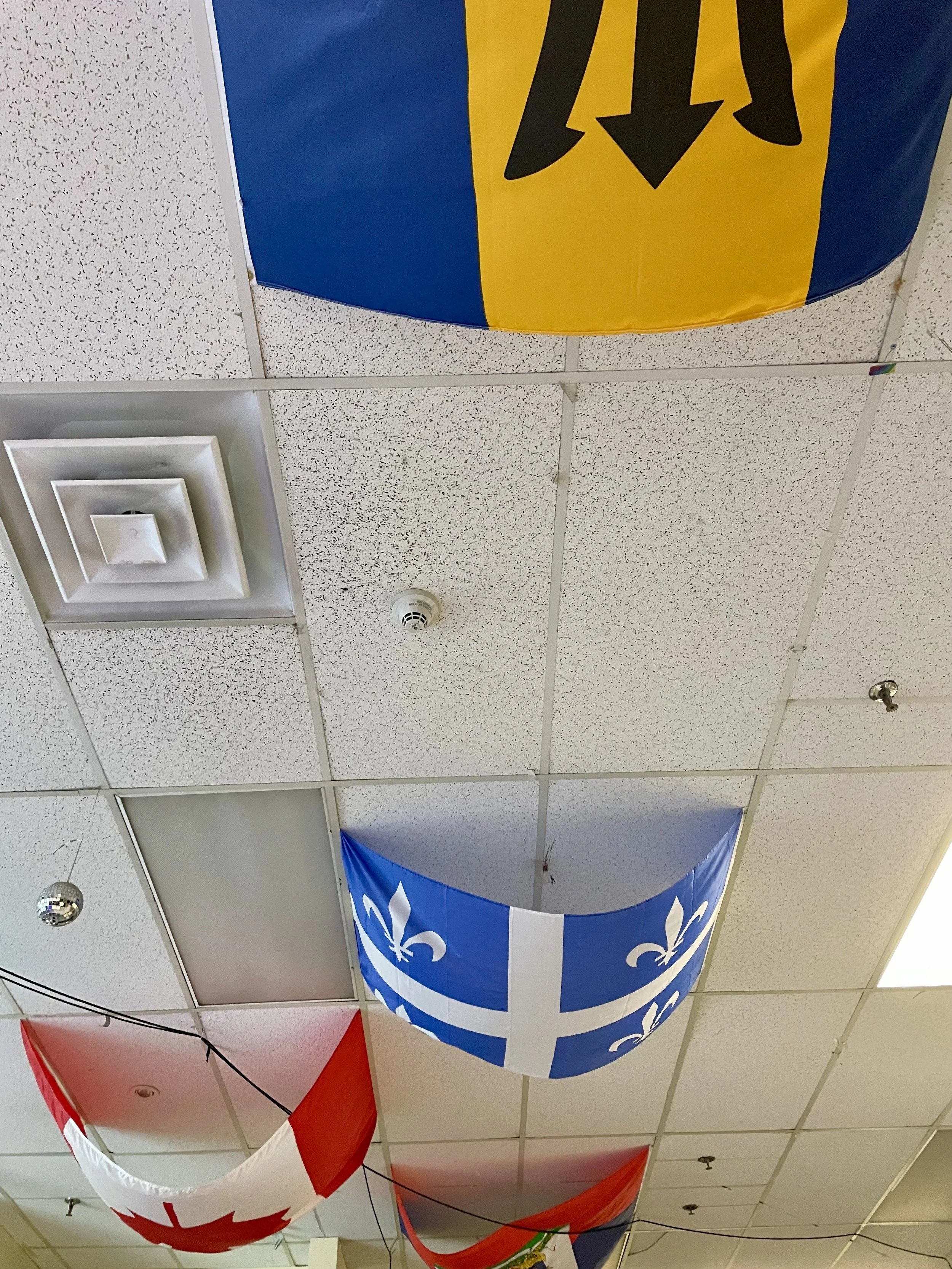Progressive Lenses
I have noticed that life often presents us with seemingly unconnected events that take us down the same path.
Scene one
Last week, I started wearing glasses again. I wore glasses in my twenties, thirties, and early forties, for myopia. Eventually, age caught up with me and my lengthening vision meant I no longer needed glasses.
For twenty years, I lived without them. Now, once again, age has caught up with me, as it will. So I am once again wearing glasses, with progressive lenses this time. A lover of language, the irony of the terminology is far from lost on me. I now wear glasses that help me see things at any distance. I can read, work on a screen, and drive with the same glasses. I can view the immediate, the next step, and the big picture. At 68 years old. Now that is interesting….
Seen two
This week, I went to a funeral. My niece’s father died very suddenly, so it was an intensely emotional two days: visitation, then a moving service, burial, and gathering after the rituals.
The gathering was organized by the Montreal Caribbean Social Organization, of which the deceased was an active member. The community showed up in great numbers at the funeral, and the club was full of people for the gathering. Members had prepared a feast to be shared by all who had come to support the family.
As usual, I was the only white person there. This is a position with which I am eerily familiar. I felt the discomfort of being in a room full of strangers, who all knew each other well. Old questions rose to the surface: what was I doing here? What were they thinking when I walked in? Were they wondering what I was doing here? Maybe they think I got the wrong address.
Men were standing at the bar, chatting and having a drink. Some people were already seated. Women were at the table at the back of the room preparing food.
A few people turned to look when Grant and I entered the room, but they soon resumed their conversations. I suggested we wait for our family outside the club. While Grant stood looking out for our family, I moved my car to a more convenient parking spot. By the time I returned, our family had arrived. We went back in and sat down together. Surrounded by familiar faces, I relaxed. We chatted, got drinks, and waited for the meal to be served.
I looked around the room once again. It was full of people. Even though the room was packed, more and more people kept coming. Folding chairs were brought out and added to existing tables. Everyone squeezed it, keen to share this time together. The DJ started playing gospel music, and people sang along. Everyone knew the words.
My niece pointed out the flags on the ceiling, and I looked up. Above our heads, draped across the room, there were flags of every island in the Caribbean. We were sitting directly under the flag of Barbados, my family’s island home. Among the colourful island flags, the Maple Leaf and the Fleur de Lys shared the space near the door to the club room. Welcome to all, in Canada and Québec.
Looking up led me to review the old questions, this time with different answers. Where do I belong? Wherever my life takes me. Wherever I am. It is up to me to take my place, with respect and consideration. Strangers are just people I don’t know yet. More importantly, is this a question I should be asking? Are we really different?
I took a second look at the same scene, through a different lens. What I saw could have been any gathering anywhere:
The men stand around talking and drinking, the women are preparing food, working around them as they chat. The children are glad to see each other, running through the grown-ups milling around. People who aren’t part of the organizing are sitting together talking. By the time everyone had arrived, the women serving the food heaped generous portions of homemade West Indian food on everybody’s plates. We all negotiated a path back to our tables, and some people were took their food out to the sidewalk because there were no more spots to sit. You can only fit in so many folding chairs!
In every culture, throughout history, people have gathered to celebrate births and birthdays, weddings and funerals. Food brings people together everywhere, to feast and to heal.
The periphery is an interesting place to be. When you can move beyond the initial discomfort of your otherness, you can look at the big picture of everything. When you look beyond apparent differences, you can see the common humanity we all share.
In the end, we were all people engaged in rituals that support those who have lost someone dear. The prayers, the hymns, the food, even the crowding into a small space together, were ways of enhancing our connection at a time when we were faced with separation from one of our own.
In the end, our common humanity cleared the lens. Progression, indeed.

